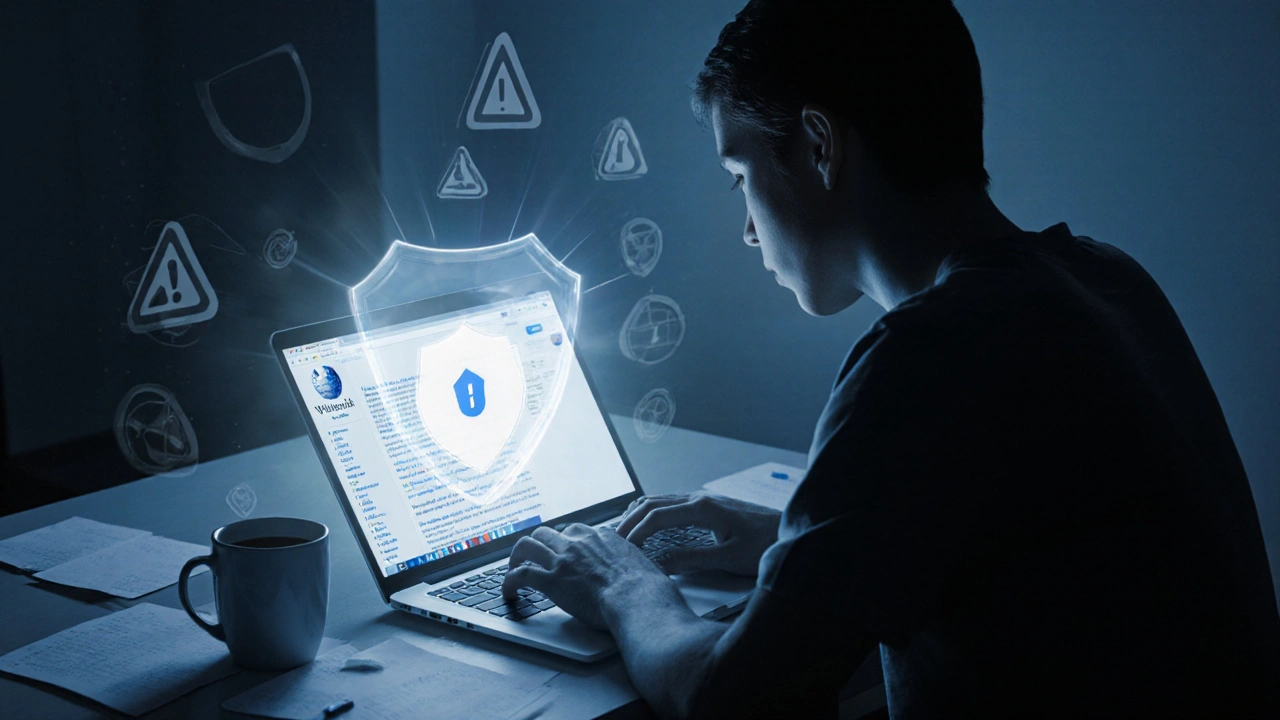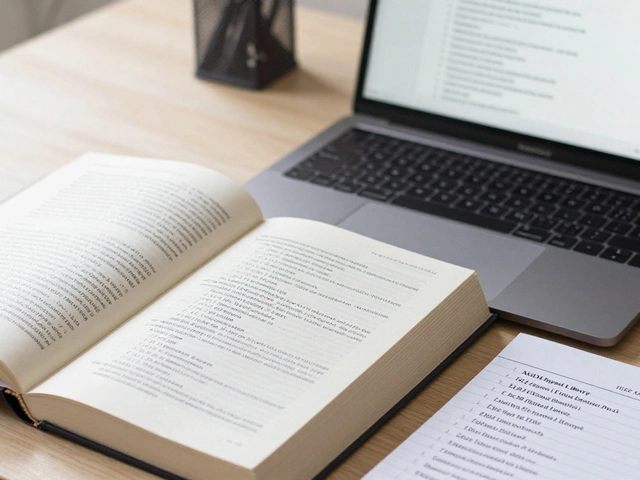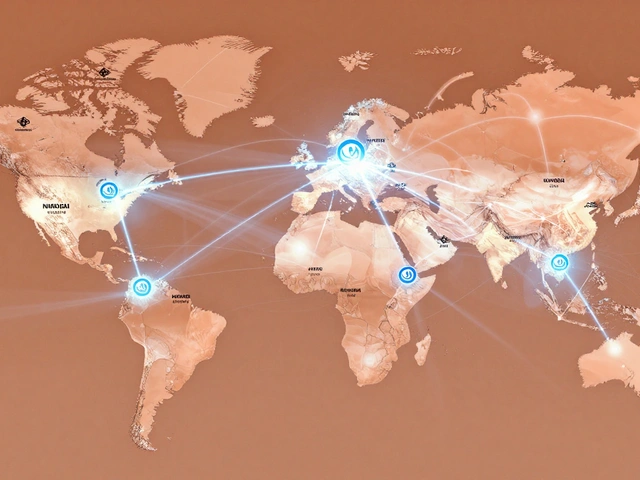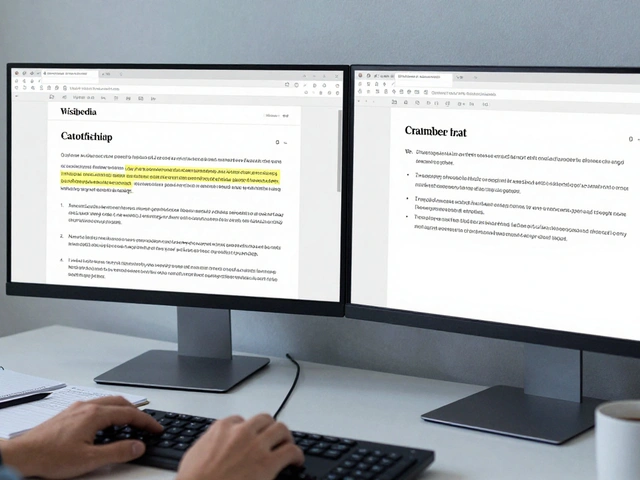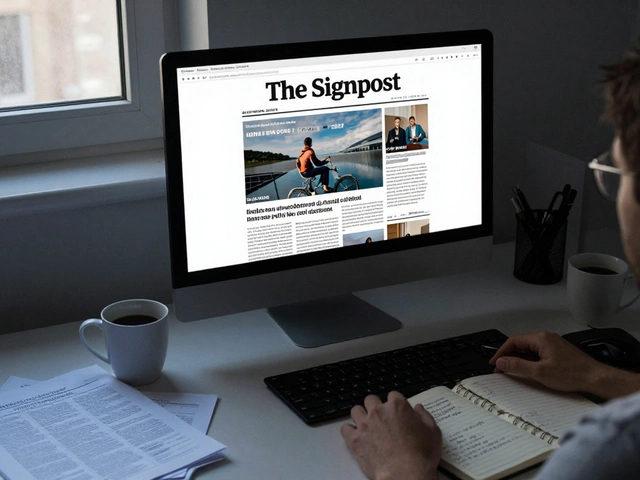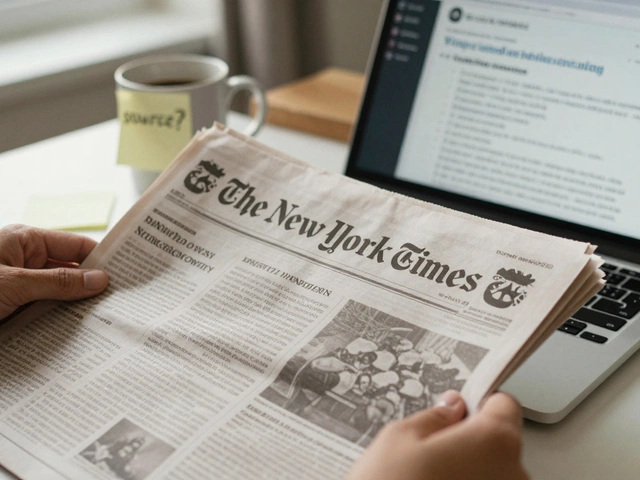Online Community Safety on Wikipedia
When you think of online community safety, the systems and practices that protect users from harassment, manipulation, and abuse in digital spaces. Also known as digital community protection, it's what keeps Wikipedia from becoming a battleground for bad actors instead of a place for shared knowledge. This isn’t just about deleting rude comments. It’s about stopping fake accounts, exposing paid manipulators, and making sure editors—especially newcomers, women, and people from underrepresented regions—can contribute without fear.
Behind every clean article is a quiet war against sockpuppetry, the use of fake accounts to manipulate edits and deceive the community. These hidden users don’t just edit articles—they rig discussions, bully real contributors, and game the system to push biased content. When caught, they’re banned, but new ones keep appearing. Then there’s Wikipedia governance, the informal and formal rules that decide who has power, how disputes are settled, and who gets silenced. The Arbitration Committee (ArbCom) isn’t a court, but its decisions can end editing careers. And with content moderation, the process of reviewing and controlling edits to maintain quality and safety, volunteers spend thousands of hours reverting vandalism, chasing conflicts, and fixing broken policies before they break the site.
Wikipedia’s safety isn’t enforced by a team of moderators—it’s held together by editors who check talk pages, report suspicious edits, and call out bias. Tools like bots help, but they can’t replace human judgment. When local news sources disappear, or when AI starts auto-generating content without context, the burden falls even harder on real people. The result? A fragile but functioning system where safety means protecting not just articles, but the people who make them.
What you’ll find below are real stories from inside this system: how fake accounts are uncovered, how editors fight for fairness, how policy debates turn personal, and how small actions—like monitoring a talk page or reporting a suspicious edit—add up to something bigger. This isn’t theory. It’s what keeps Wikipedia alive.
Safety and Integrity Investments: Protecting Wikipedians
Wikipedia relies on volunteers who face real threats for editing controversial topics. The Wikimedia Foundation is investing in safety tools, legal aid, and anonymity features to protect these editors and preserve the integrity of free knowledge.
